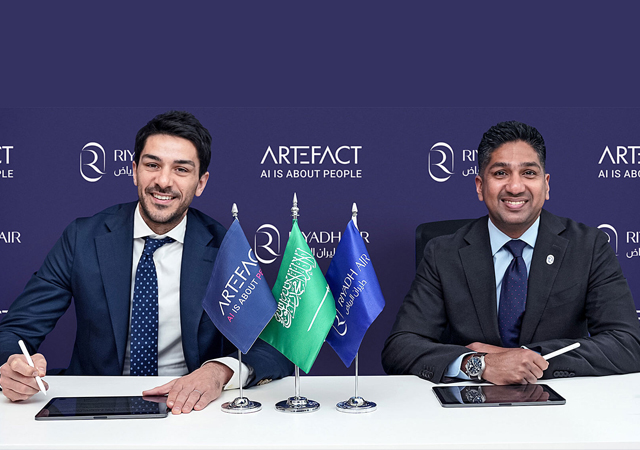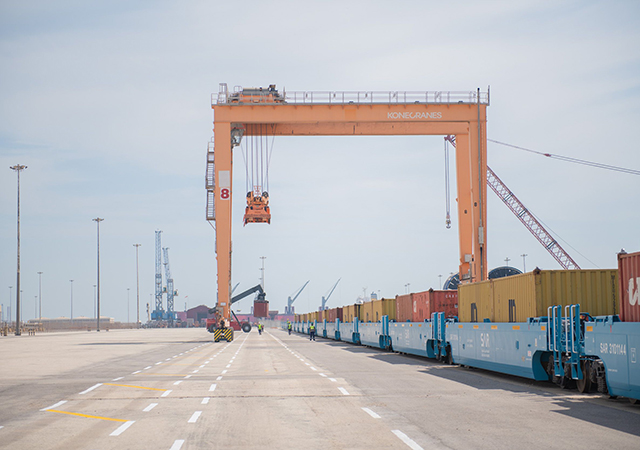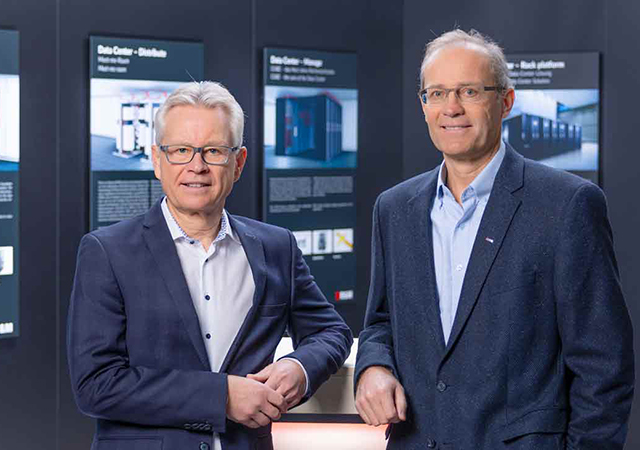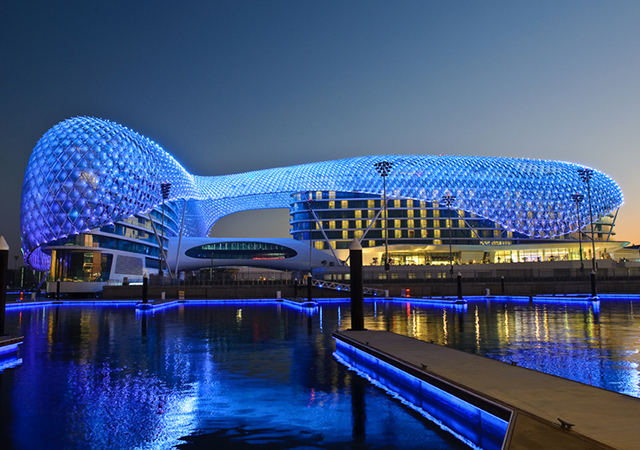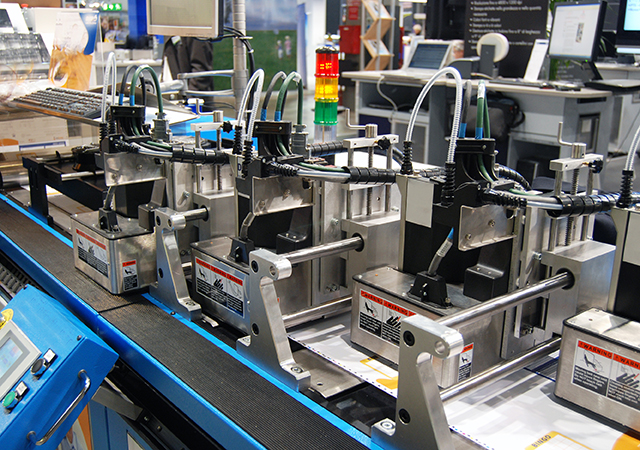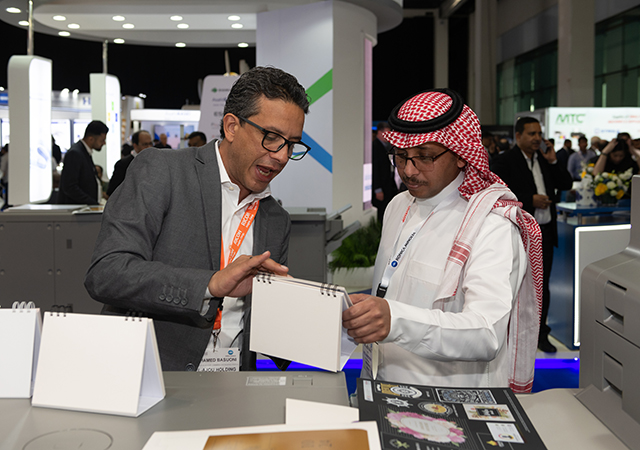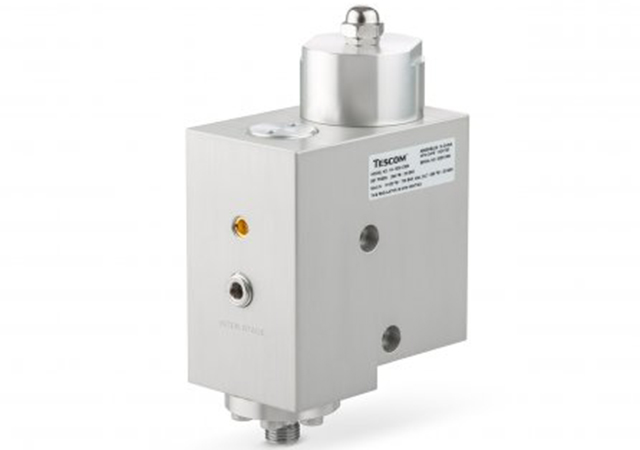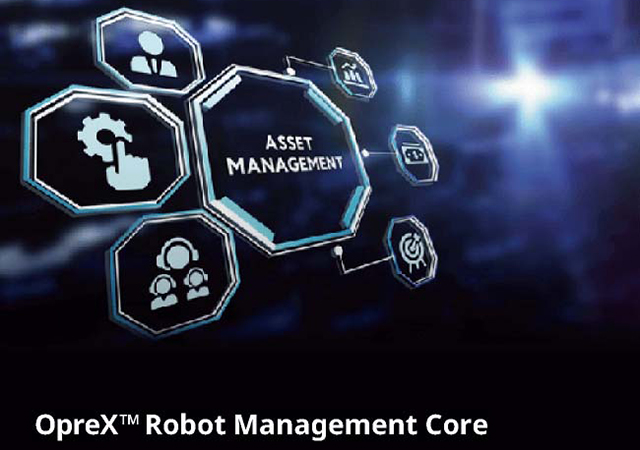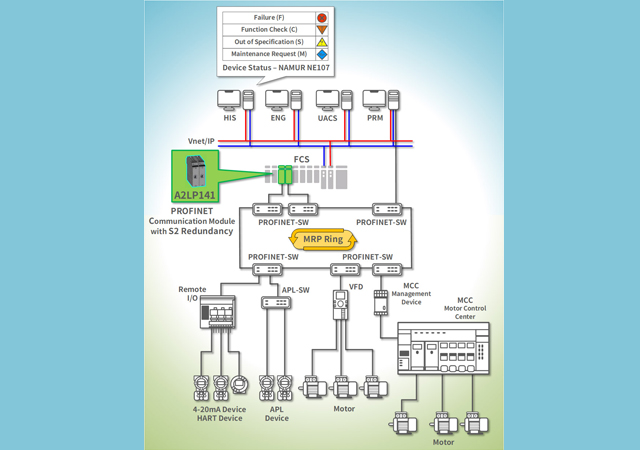
 Sabic: looking to grow its share
Sabic: looking to grow its share
Saudi Basic Industries Corp (Sabic), the world’s fourth-biggest petrochemicals firm, has said it has no interest in taking over Swiss chemicals firm Clariant but remains keen on a partnership once market conditions improve.
Some analysts have said that Sabic, which owns a 25 per cent stake in Clariant, could consider taking over the company after the Swiss firm last month saw its chief executive quit, announced a loss for the first half of the year and shelved its joint venture plans with Sabic.
“We have no interest in a full takeover, if that’s your question, but we have interest to grow our share and make sure that we can bring positive growth and retain investment for Sabic and Clariant shareholders,” Sabic CEO Yousef Al Benyan told a news conference.
“Our investment in Clariant is a strategic, long-term investment, we will continue to look at this investment from (the perspective of) growth opportunities,” he said.
Benyan was speaking after the Saudi firm reported a 68 per cent drop in second-quarter net profit, its lowest quarterly profit since late 2009.
He said the announcement of the deferral of talks over a joint venture, to combine Clariant’s additives and specialty masterbatches businesses with parts of Sabic’s specialty chemicals operation, was due to changes in market conditions.
“We hope that as market conditions improve there will be another round of talks in this regard,” Benyan said.
Citing lower average selling prices and a decrease in the share of contributions from associates and joint ventures, Sabic said net profit fell to SR2.12 billion ($565 million) in the April-June quarter, from SR6.7 billion in the same period a year earlier.
EFG Hermes had projected a net profit of SR2.67 billion.
Sabic expected to see a “more or less” similar performance for the second half of the year give current market conditions, Benyan said, adding that the firm would focus on reliability, cost management and offering customers varied solutions.
“The slowdown in global GDP growth coincides with a decline in petrochemical prices due to a significant increase in new supply capacity resulting in lower product prices and margins in key product lines,” he said in Sabic’s results statement.
Sabic said the new capacities in key product lines that pressured its product prices and margins in the first half of 2019 are expected to continue to impact the company’s earnings in the second half of 2019.
SABIC Q2 NET PLUNGES
Sabic reported a 38 per cent slide in second-quarter net income as lower demand due to a global economic slowdown dented profitability.
Net income for the three-month period ending June 30 dropped to SR2.12 billion ($0.57 billion), Sabic said in a statement.
The company’s revenue for the second quarter reached SR35.87 billion, representing a decrease of 4 per cent compared to previous quarter and a 17 per cent decrease year-on-year. Net income during the second quarter amounted to SR2.12 billion, a decrease of 38 per cent compared to the first quarter of the year.
“The slowdown in global GDP growth coincides with a decline in petrochemical prices due to a significant increase in new supply capacity resulting in lower product prices and margins in key product lines,” said Al Benyan.
“Though lower petrochemical prices have negatively impacted Sabic’s second quarter results, our operational performance remains robust. Sabic remains optimistic on industry fundamentals over the long term and we continue to invest for growth. We recently received all the regulatory approvals to increase our stake in Ar-Razi, the world’s largest methanol complex, to 75 per cent and renewed our partnerships with Japan Saudi Arabia Methanol Company (JSMC) for a further 20 years. Also, we obtained all approvals to establish a petrochemical joint venture project with ExxonMobil in the US Gulf Coast.”
In the reporting period, Sabic also signed a Memorandum of Understanding (MoU) to scope a new solar PV-based power plant in Yanbu Industrial city that could have a potential capacity between 200 to 400 Mega Watt (peak). This project would be the kingdom’s first large scale renewable energy project built for and by the private sector.
The initiative aligns with Sabic’s wider sustainability efforts and in June the company launched its Sustainability Roadmap which is allied to the United Nations Sustainable Development Goals (SDGs). This plan outlines Sabic’s targets relating to resource efficiency, climate change, the circular economy, food security, sustainable infrastructure, and preservation of the environment.


